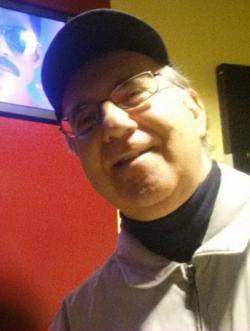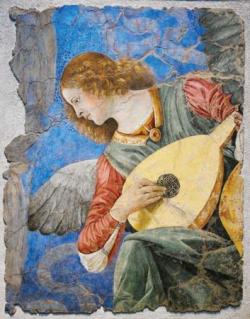Site-Wide Comment Activity: All Authors
 |
|
|
 |
 |
 |
 |
 |
|
|
 |
 |
 |
 |
 |
 |
 |
- « first
- ‹ previous
- …
- 240
- 241
- 242
- 243
- 244
- 245
- 246
- 247
- 248
- …
- next ›
- last »